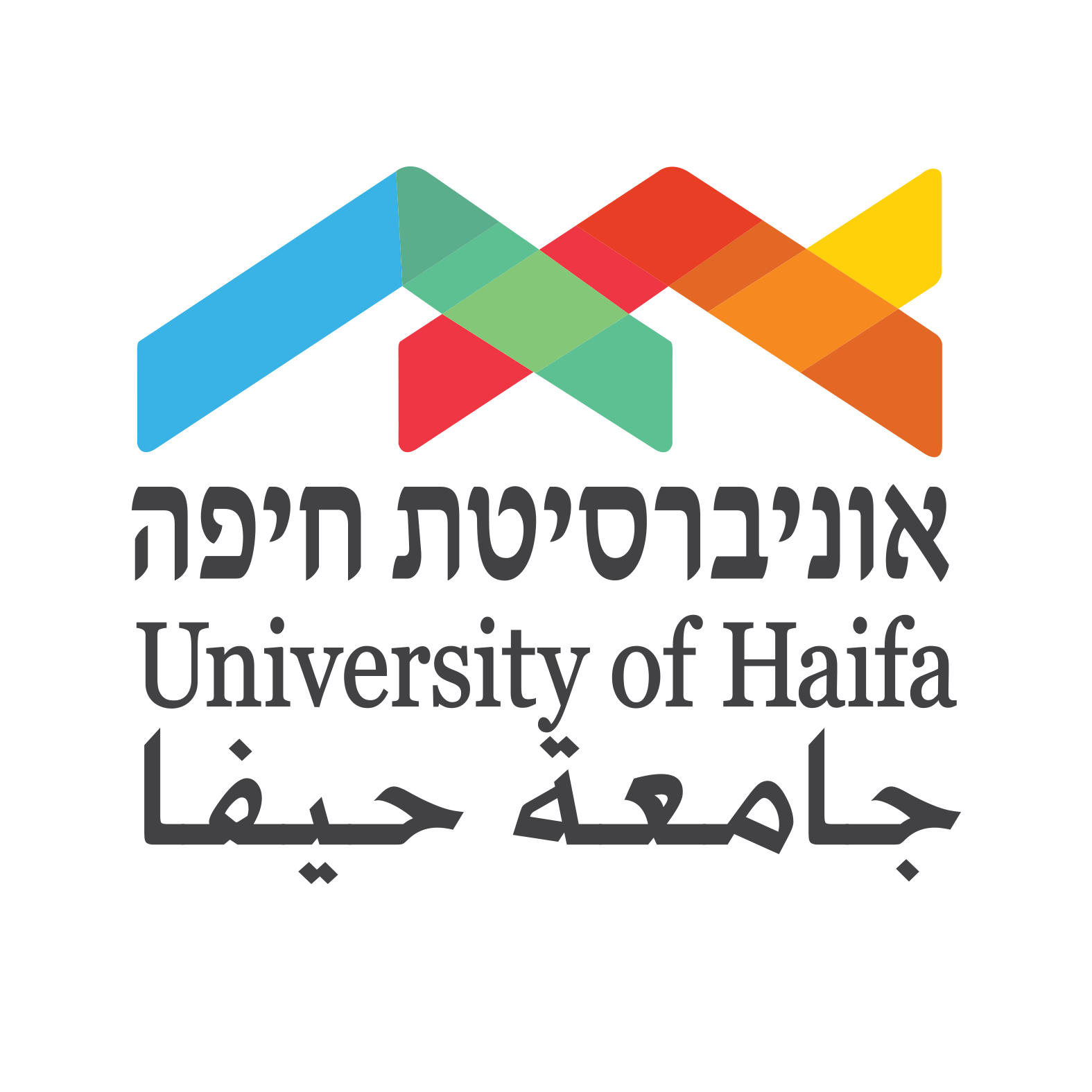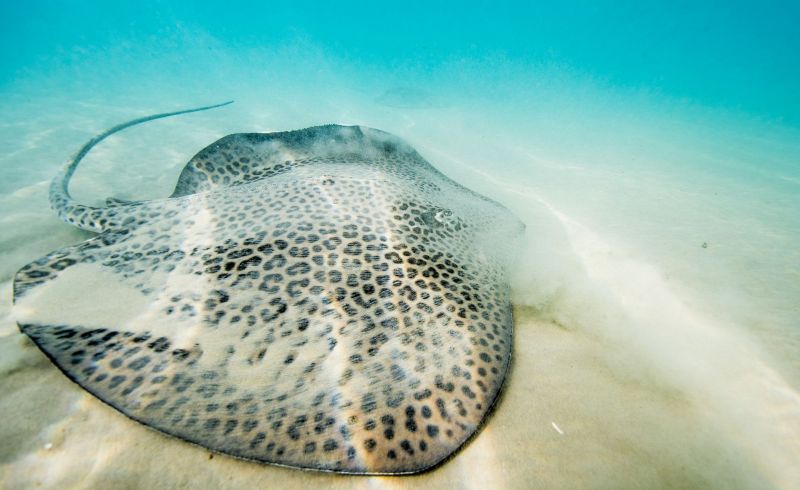
Photos: Hagai Nativ
Israel’s modest 124-mile coastline is much more than a vital natural resource; it is the country’s gateway to the world. A hub for commerce, communications, fishing and gas exploration, it fulfills critical national needs and is essential to our survival. We rely on the Mediterranean for energy, our drinking water, food, and our livelihood. And we depend on it for our security and health.
With the multitude of sectors dependent on the sea, it is imperative that regulatory practices be put in place, observed and monitored. “Protecting the marine environment – the lifeline of our nation – needs to be our highest national priority,” says Dr. Dan Tchernov, founding head of the Department of Marine Biology, and former Deputy Director of the Leon H. Charney School of Marine Sciences (2009-11). “As home to Israel’s only graduate school of marine sciences, the University has an important role in shaping policy, monitoring the marine environment, generating innovative research and training Israel’s future marine scientists, biologists, and ecologists.”
According to Tchernov, heavy infrastructure developments in the Eastern Mediterranean Sea Basin, including gas exploration and desalination projects, are taking a heavy toll on the marine environment. “Today, desalination plants supply roughly two-thirds of the country’s drinking water – a rate that will reach 90% in the coming years,” explains Tchernov. “While the desalination plants are relieving Israel’s chronic water shortage, desalination may be affecting water quality and disrupting the ecological balance due to the brine discharge. Moreover, rising pollution levels and the effects of global warming are disturbing the Sea’s ‘food web’ and leading to the extinction of a great number of marine species. It has also contributed to the influx of marine predators never before spotted near our shores.”
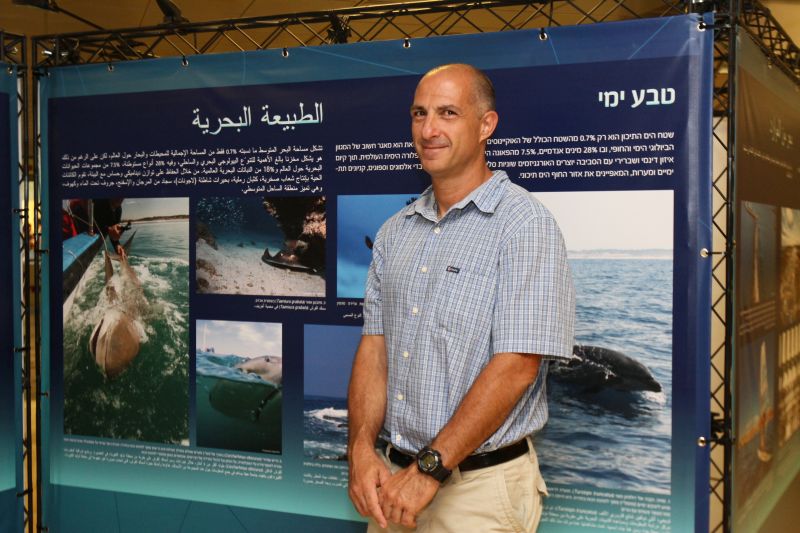
Dr. Dan Tchernov is a marine biologist specializing in the ecology andbiodiversity of the Mediterranean’s deep Levantine basin. He headed theDepartment of Marine Biology (2009-2017) and was recently appointedthe new Vice President for External Affairs and Resource Development.
The School of Marine Sciences recently inaugurated two marine research centers to support coastal water monitoring and research, the Morris Kahn Marine Research Station located in Kibbutz Sdot Yam, and the Top Predator Laboratory in Ashdod, focused on tracking the behavior of top marine predators who are new to our region, including dolphins, sharks, rays, and tunas. In addition, last June the University and Texas A&M University collaborated to deploy the first deep-sea buoy of the THEMO project. The station has the capacity to provide advance warning of catastrophic pollutants and ecological disasters. Thanks to generous gifts from our major supporters – The Crown Family Foundation, Sir Mick Davis, Lady Irene and Sir Maurice Hatter, The Leona M. and Harry B. Helmsley Charitable Trust, The J. Isaacs Charitable Trust, Morris Kahn and Mr. Peter Kadas – these facilities are enabling intensive data collection activities that monitor the physical, chemical and biological condition of the Eastern Mediterranean Sea Basin, and advance cutting-edge research at the University in marine biodiversity and food webs.
Recognizing the importance of cultivating locally-trained experts in marine ecology and conservation, the University established a prestigious fellowship program now in its third cohort. “To attract top talent, the PhD program offers a generous scholarship and is supported by an advisory committee comprised of experts from top universities, including Stanford and Princeton, who take an active interest in the academic progress of each fellow,” notes Tchernov.
Community outreach is the essence of the School’s mission. “We share our research with NGOs such as Eco Ocean and join efforts in campaigns raising awareness of ocean conservation issues by holding joint symposiums, such as the upcoming 'Sharks Conference & D-Dive' in Eilat.”
Dr. Tchernov is already planning the next major phase in the development of marine protection and conservation at the University. “We plan to expand the Morris Kahn Marine Research Station to include a Blue Tech Center. The Center will be dedicated to promoting the growing field of blue economy, to sustainably develop our marine-based industries while protecting unique marine ecosystems. As part of these efforts we intend to develop Israel’s first Blue Masters of Business Administration program.” The Blue MBA program will merge expertise from the Faculty of Management, the School of Marine Sciences, and the Natural Resource and Environmental Research Center headed by Prof. Ofira Ayalon.
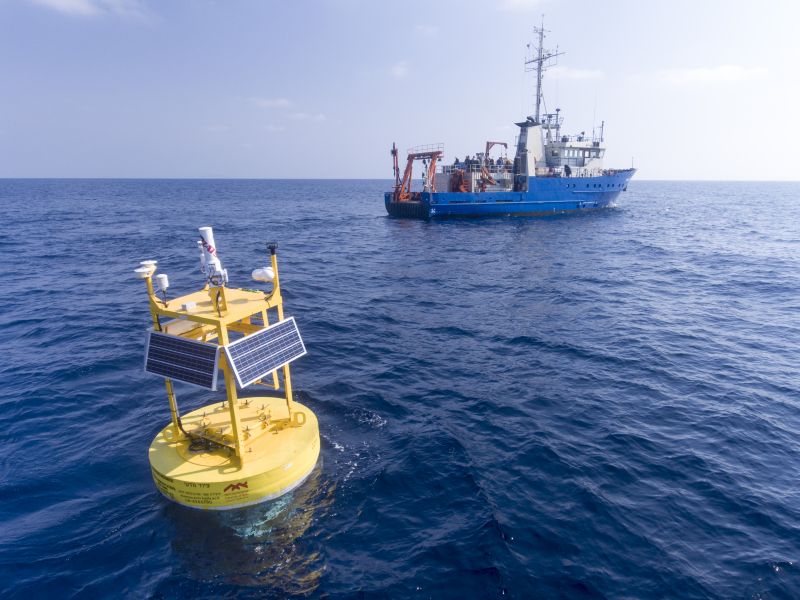
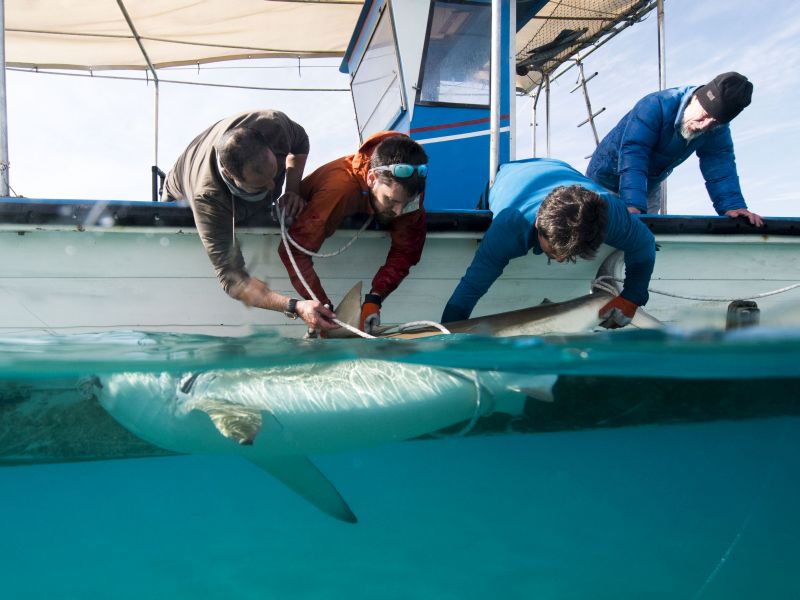
Graduate students measure and tag a shark to track its migration pattern and food sources. Early this year, a rather large group of sharks was discovered gathering near the power station on the shores of Hadera.

The Leon H. Charney School of Marine Sciences is celebrating its 10th anniversary this year, marking a period of remarkable growth in Mediterranean Sea exploration.
We are nearly halfway to our $100 million fundraising target thanks to the generosity of our dedicated friends and supporters, and the vision of our founding benefactor Mr. Leon H. Charney and partners, The State of Israel, The Israeli Navy, Lady Irene and Sir Maurice Hatter, The Leona M. and Harry B. Helmsley Charitable Trust, The Strauss Foundation, and The Wolfson Family Charitable Trust.
